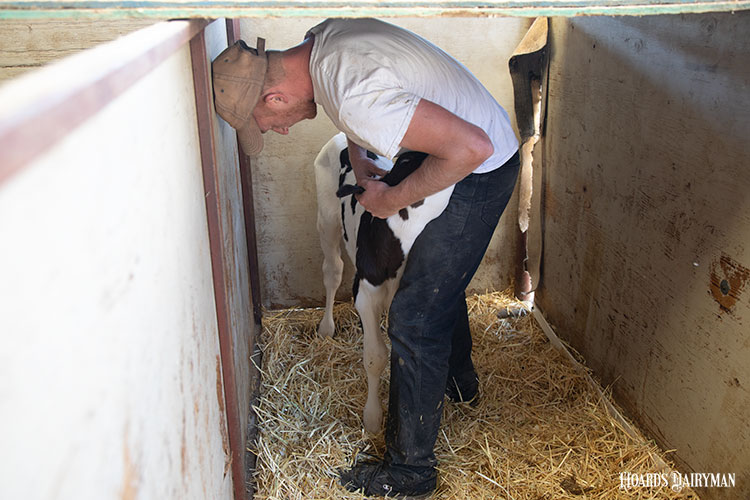
Mississippi State University’s Amelia Woolums, D.V.M., has studied calfhood vaccines for 30 years and spoke highly of their value in her presentation during the Dairy Calf and Heifer Association’s annual meeting.
“I think it’s one of the greatest things humans have ever developed in terms of human and animal health,” the professor said about vaccinations. There are times, though, that a well-intentioned vaccination does not do what it was expected to do.
These failures are not always the fault of the vaccines. “Sometimes vaccines are asked to do jobs that aren’t fair for the vaccine to do,” Woolums noted. She shared several reasons why vaccines might not create the desired immune response.
For starters, she said to consider how the vaccine was handled and administered. For instance, modified live vaccines must be kept cool, but not frozen, because the virus will die if the product starts to get hot.
Also, once the vaccine is mixed, it needs to be used quickly. Woolums said you can’t use a modified live vaccine that was previously reconstituted. “It is not the same product anymore, and it can’t be expected to work the same way,” she explained.
Poor timing of administration is also a problem. It takes a while for an immune response to occur, Woolums shared, and vaccinations that are administered the day before animals are going to be transported or moved into groups will not provide the intended protection.
“Relying on a vaccine to give strong, high-level protection in a few days is just not reasonable because that is not how the immune system works,” Woolums stated. Vaccinations can also fail when a booster is not given when needed.
For adequate immune protection, the host needs to respond to the vaccination when it is given. Animals that are already sick can’t respond properly, and nutritional deficiencies of protein, energy, minerals, or vitamins can suppress the immune response, shared Woolums.
She said that failure may also occur if the vaccination does not protect against the strain or serotype of the pathogen that is affecting the herd. In addition, there are some pathogens we simply can’t vaccinate against. In those cases, good husbandry is the answer. This includes a clean environment, proper nutrition, limited overcrowding, and avoiding too many stressors at one time. If we don’t practice good husbandry, Woolums said we are setting vaccines up for failure.
“Good vaccines can be overwhelmed by bad management,” she emphasized.
If disease outbreaks occur in vaccinated cattle, Woolums said to discuss this with your veterinarian to determine a potential cause.








